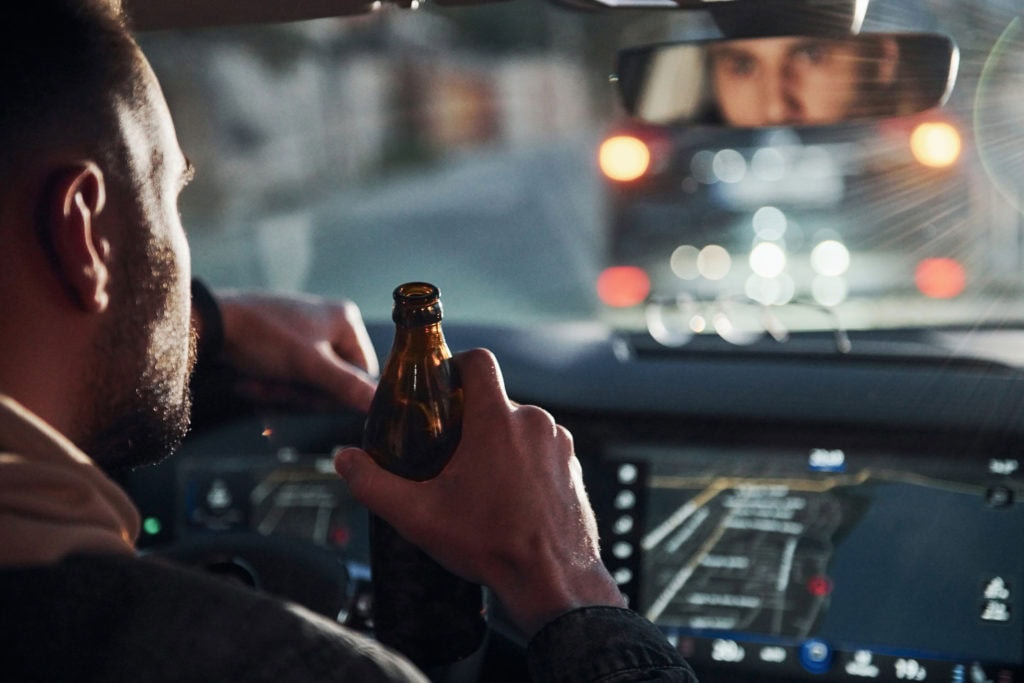Problematic Implications of Bill C-46, Drinking and Driving Legislation

The federal government introduced Bill C-46 in July 2017. This bill is an Act to amend the Criminal Code and make consequential amendments to other Acts. Currently, Bill C-46 is before parliament but has not yet received royal assent.
Significant changes to the way drinking and driving cases are prosecuted are contained in Bill C-46. Due to Bill C 46, the police will have the power to make determinations about the guilt and innocence of individuals in drinking and driving cases, without due process for the accused.
Moreover, Bill C – 46 contains a proposal that would shift the burden of proof from law enforcement to the accused. Here, the accused would have to convince the officers that they had not been drinking and driving. Suspicion would be enough to assume their guilt.
Should Bill C-46 be legislated, mandatory roadside breath samples and much harsher penalties for impaired driving offences would be enforced. These could result in a punishment of up to 10 years in prison. Given the potentially severe consequences of these proposed changes, it’s essential for individuals facing impaired driving charges to seek immediate legal counsel from an impaired driving lawyer.
Problematic Implications of Bill C-46
Consider some specific implications of Bill C-46.
Expansion of Police Authority
For instance, an individual could potentially face charges if the police have a reason to question them and detect the smell of alcohol on their breath. This could happen even if they are not driving, have no intention to drive, but simply possess their car keys.
If police approached an individual at their home, the person would be required to prove that alcohol or drugs were consumed after they exited their vehicle, not before they drove. This scenario, if legislated, would contradict the fundamental concept of ‘presumption of innocence’ for the accused.
Removal of Three-Hour Requirement
Currently, the Criminal Code states that if police have reasonable grounds to suspect that a person has alcohol or drugs in their body, and that person has operated a vehicle within the last three hours, they can demand a breath sample. However, Bill C-46 removes this three-hour requirement. As per the new bill, the police can demand a breath sample hours or even days after driving, provided they have reasonable grounds.
Changes to Grounds for Demanding Breath Samples
Interestingly, the proposed legislation also plans to remove the burden of suspicion needed by police to demand breath samples at the roadside. This is a marked change from the current practice, where the smell of alcohol, an admission of consumption, or evidence of nervous behaviour are enough to justify a demand for a breath sample from a suspected impaired driver. Under Bill C-46, the police would not need any grounds. They would have the authority to pull over anybody for any reason and demand a breath sample.
Implications of Proposed Legislation on Marginalized Groups
The proposed legislation is concerning, especially for people who have been historically exposed to heightened police scrutiny and harassment due to their membership in marginalized groups.
Evidence of this concern comes from a 2016 analysis of over 80,000 traffic stops by Ottawa police. The study found that black drivers and those of Middle Eastern descent were stopped far more frequently than other groups relative to their population in the city.
Due to these factors, there is widespread fear that Bill C-46 will disproportionately have a negative impact on visible minorities, Indigenous people, and marginalized groups.
Finally, it’s crucial to know your rights. If you have been charged with a criminal offence, avail a free consultation by contacting Pyzer Criminal Lawyers.
Talk to an Experienced Impaired Driving Lawyer in Toronto
Bill C-46 introduces significant changes to Canada’s drinking and driving legislation, including expanded police authority and potential shifts in the burden of proof. These changes could drastically impact individuals facing impaired driving charges.
If you are charged with impaired driving or have concerns about the implications of Bill C-46, it is essential to consult with an experienced Criminal Attorney in Toronto. Contact Pyzer Criminal Lawyers for expert guidance. Call us today or reach out online for a free consultation. Protect your rights and ensure a fair defence.
This article provides general legal information only and should not be construed as legal advice. Laws and their interpretation may change, and the application of law to specific circumstances requires professional legal assessment. If you have questions about a legal matter, please contact us for a free consultation.

Jonathan Pyzer, B.A., L.L.B., is an experienced criminal defence lawyer and distinguished alumnus of McGill University and the University of Western Ontario. As the founder of Pyzer Criminal Lawyers, he brings over two decades of experience to his practice, having successfully represented hundreds of clients facing criminal charges throughout Toronto.





